Are you looking to pitch a fresh project idea to your team but unsure where to start? Crafting a compelling project proposal letter can set the tone for collaboration and enthusiasm among team members. In this article, we'll guide you through a simple yet effective template that highlights key elements such as objectives, benefits, and timelines. Ready to dive in and learn how to make your project proposal shine?
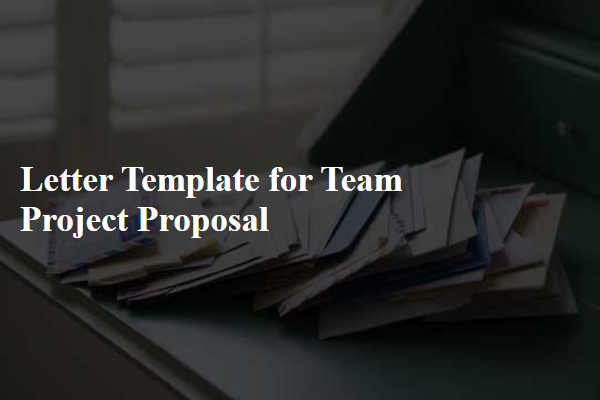
Project Title and Objective
The new recycling initiative aims to enhance waste management efficiency within urban environments, specifically targeting metropolitan areas like New York City. The project seeks to increase recycling rates by 30% over the next year, focusing on key materials such as plastics, metals, and paper. The initiative will implement educational programs in local schools and community centers to raise awareness about the importance of recycling. Additionally, partnerships with municipal governments and waste management companies will facilitate the establishment of accessible recycling stations, making it easier for residents to participate. Expected outcomes include reducing landfill waste by 50 tons monthly while promoting sustainability practices among community members.
Team Members and Roles
A successful team project proposal outlines the designated roles and responsibilities of each member involved in the initiative. Key team members might include a Project Manager responsible for overall coordination, tracking deadlines, and communication; a Research Lead focused on gathering and analyzing pertinent data related to the project's objectives; a Design Specialist tasked with creating visual elements and ensuring cohesive branding; and a Technical Expert who oversees the implementation of technical aspects, guaranteeing the software or systems function correctly. A Marketing Strategist might be involved in promoting the project, creating outreach strategies, and engaging target audiences effectively. Clear delineation of these roles helps establish accountability, streamlines processes, and fosters efficient collaboration within the team, ultimately enhancing the project's success.
Project Timeline and Milestones
The project timeline serves as an essential framework that outlines key phases and milestones critical for the successful completion of the initiative. The initial phase including project initiation (Estimated Duration: 2 weeks) focuses on defining objectives and gathering stakeholder input. Following this, the planning phase (Estimated Duration: 4 weeks) will consist of task allocation, resource planning, and risk assessment activities, ensuring comprehensive groundwork is laid. The execution phase (Estimated Duration: 8 weeks) brings together team efforts--designing, developing, and deploying project deliverables, culminating in significant milestones such as prototype testing and feedback sessions scheduled at weeks 6 and 10. By week 12, the project will enter the closing phase, encompassing project evaluation, documentation, and final presentation aiming for stakeholder approval. Throughout these intervals, regular progress reviews will be held to keep the team aligned and address any potential challenges promptly.
Budget and Resources Needed
Developing a detailed project proposal requires a thorough analysis of budgetary and resource needs crucial for successful implementation. The budget allocation may include items such as personnel costs, estimated around $50,000 for a team of five professionals, equipment expenses with a projection of $15,000 for necessary tools and technology, and materials costing approximately $10,000 for consumables and supplies. Additionally, securing a venue for collaborative meetings might incur venue rental charges averaging $2,000 for a duration of six months. Moreover, a contingency fund of about 10% of the total budget is essential for unplanned expenses that may arise during the project lifecycle. Furthermore, timelines for resource procurement are vital, with a proposed schedule spanning from project initiation in January 2024 to completion by June 2024, ensuring timely delivery and optimal resource utilization.
Benefits and Impact
The proposed team project, focused on sustainable urban gardening initiatives, aims to transform community spaces across inner-city neighborhoods in New York City. The initiative seeks to enhance food security by establishing over 20 community gardens in underutilized public lands, providing fresh produce to local residents facing food deserts. Social cohesion will improve as residents engage in shared gardening activities, fostering connections and community bonds. Educational workshops will empower participants with knowledge on sustainable practices, potentially reaching an estimated 500 community members in the first year. Additionally, improved air quality and increased biodiversity will positively impact local ecosystems, contributing to the city's overall environmental health while enhancing aesthetics in urban settings.

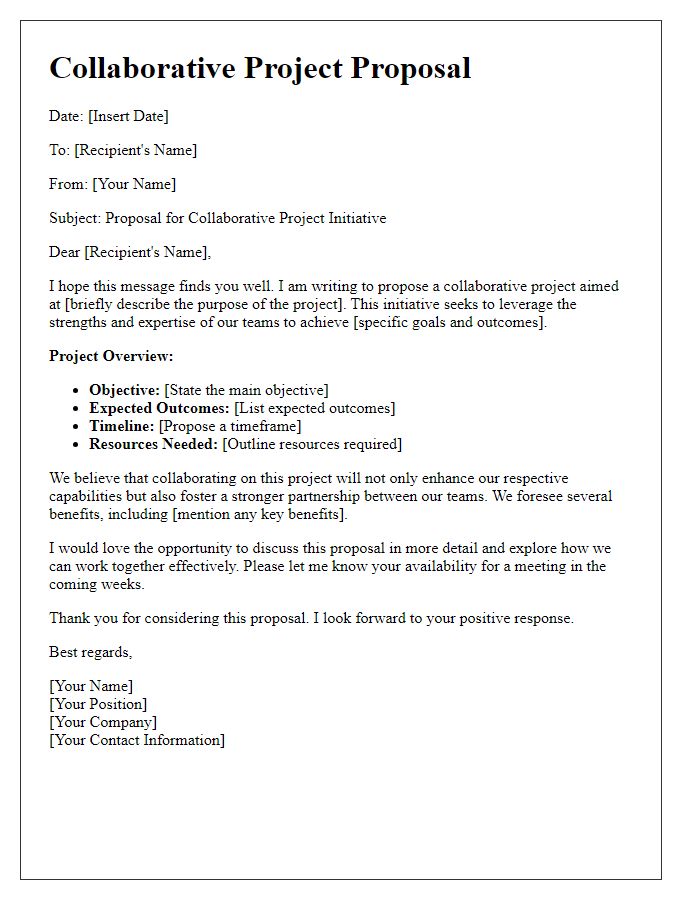
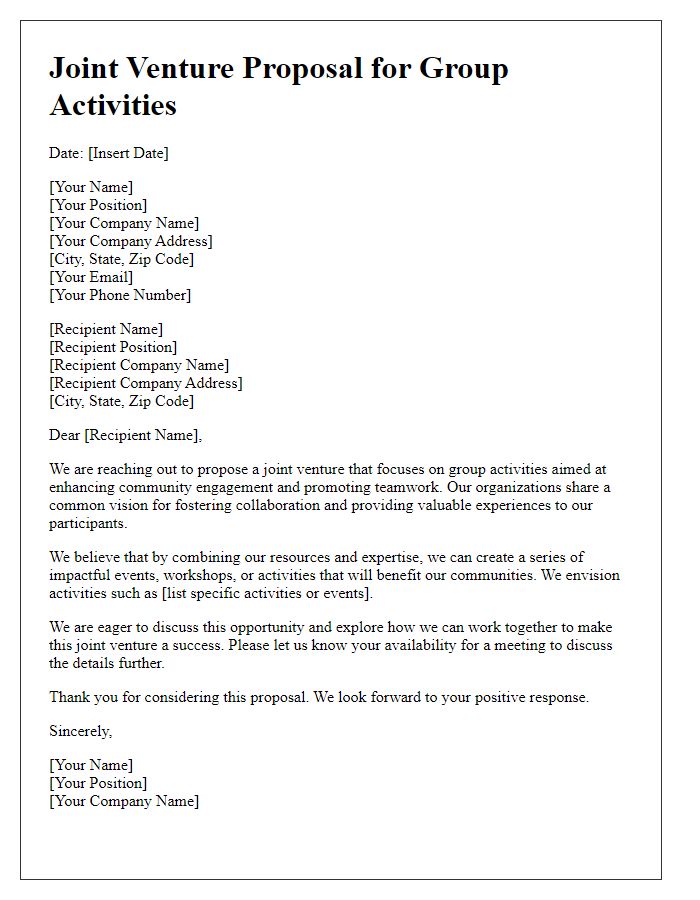
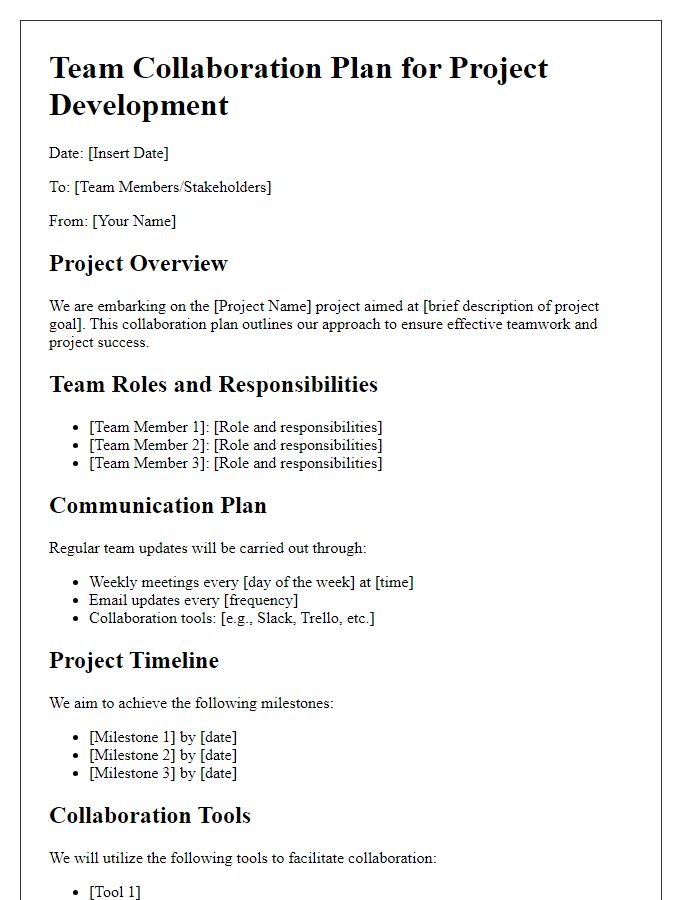
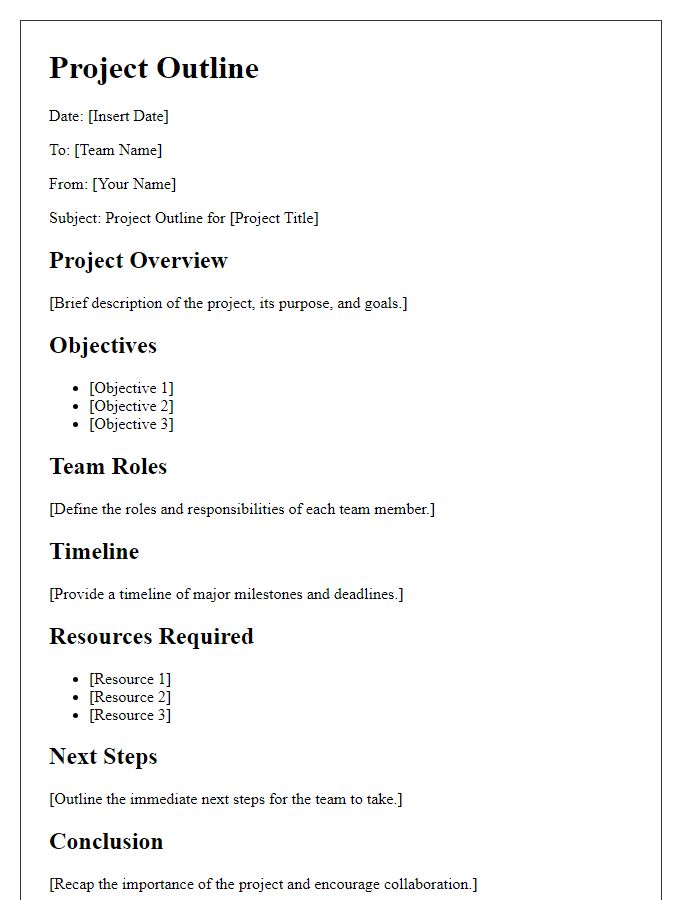
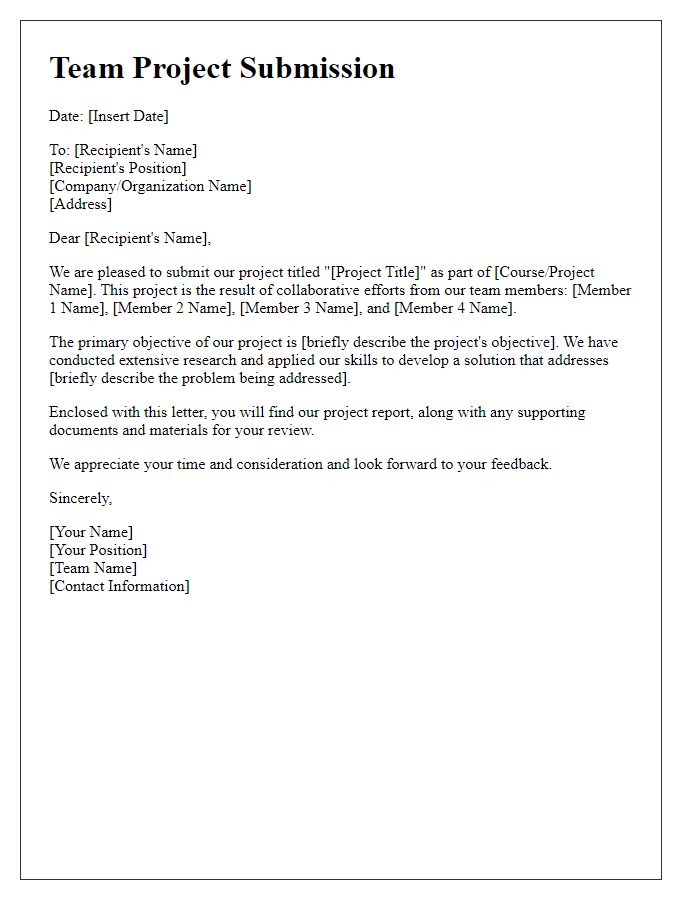
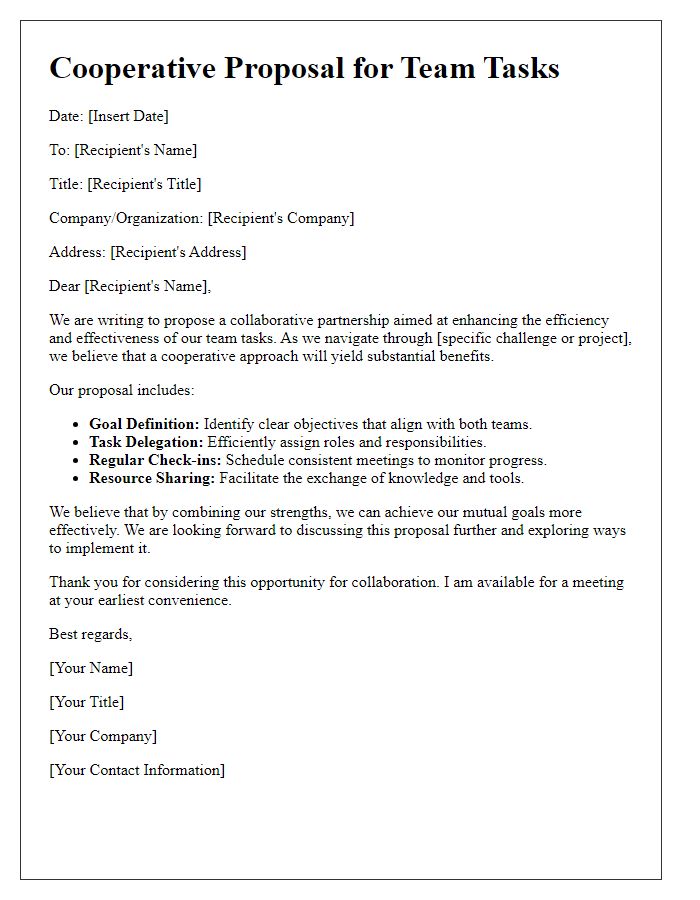
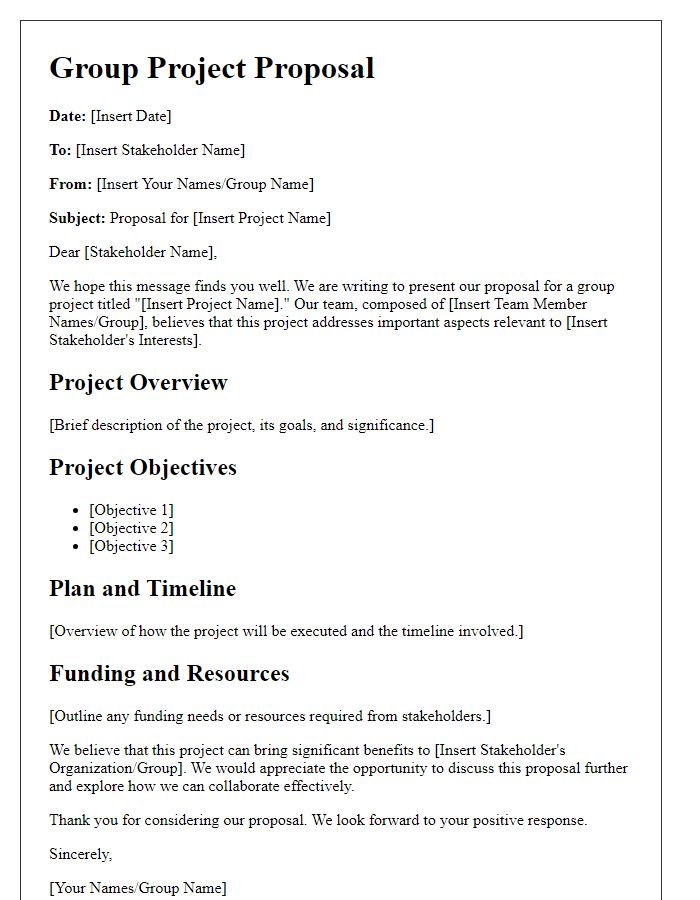
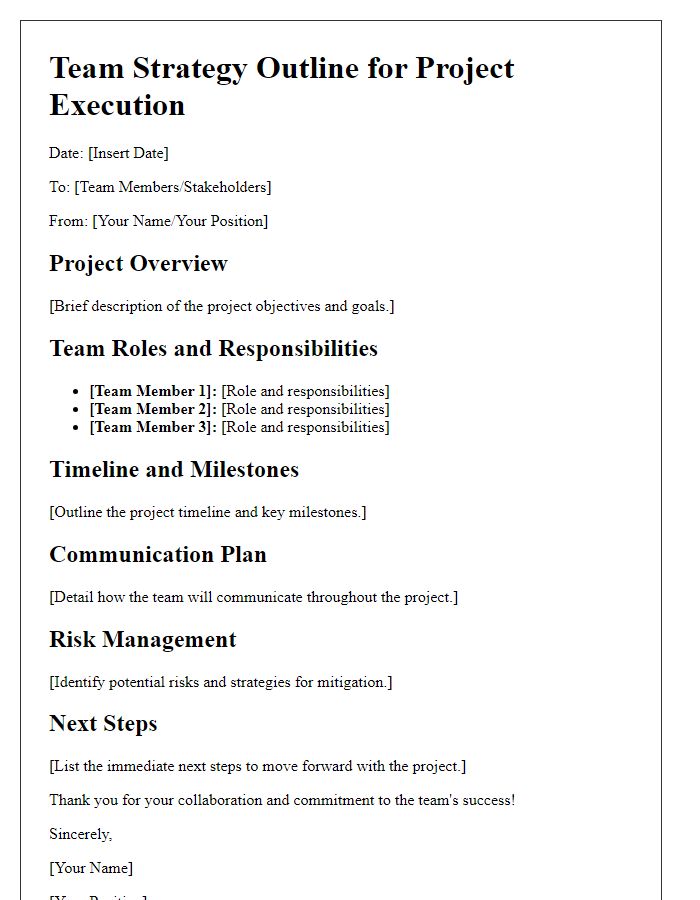
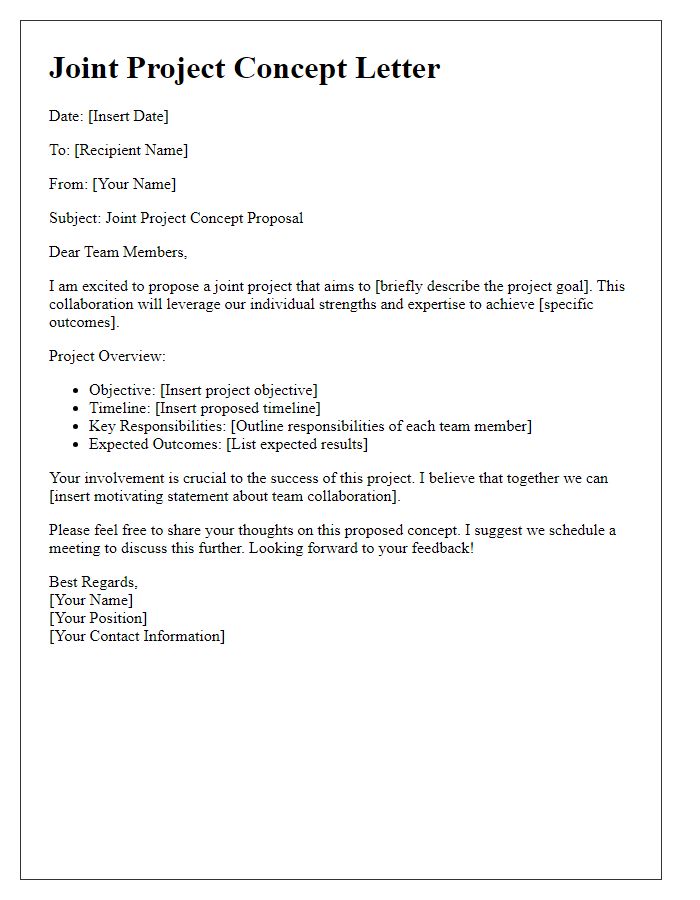
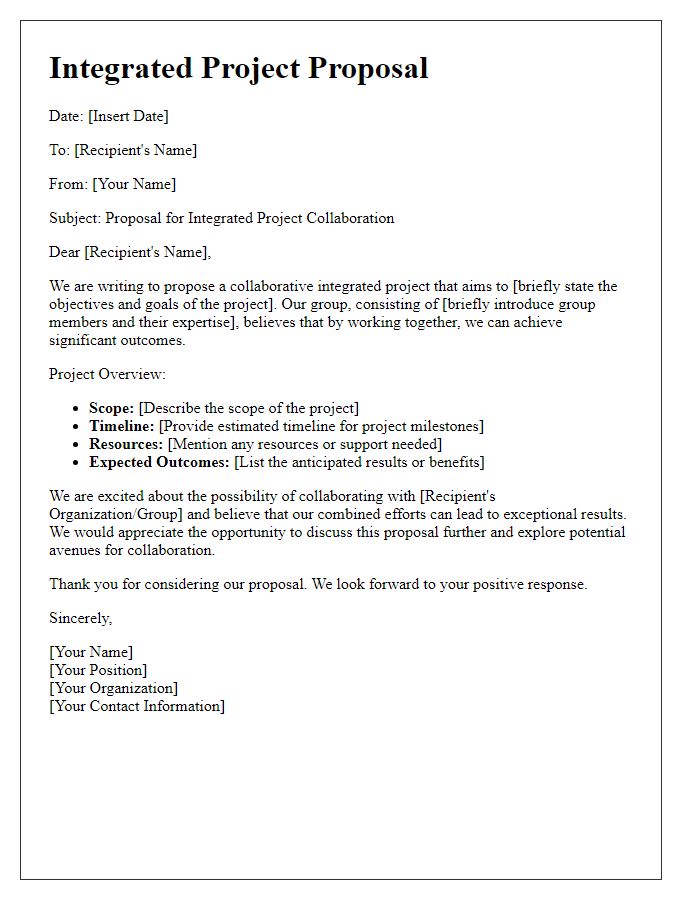


Comments